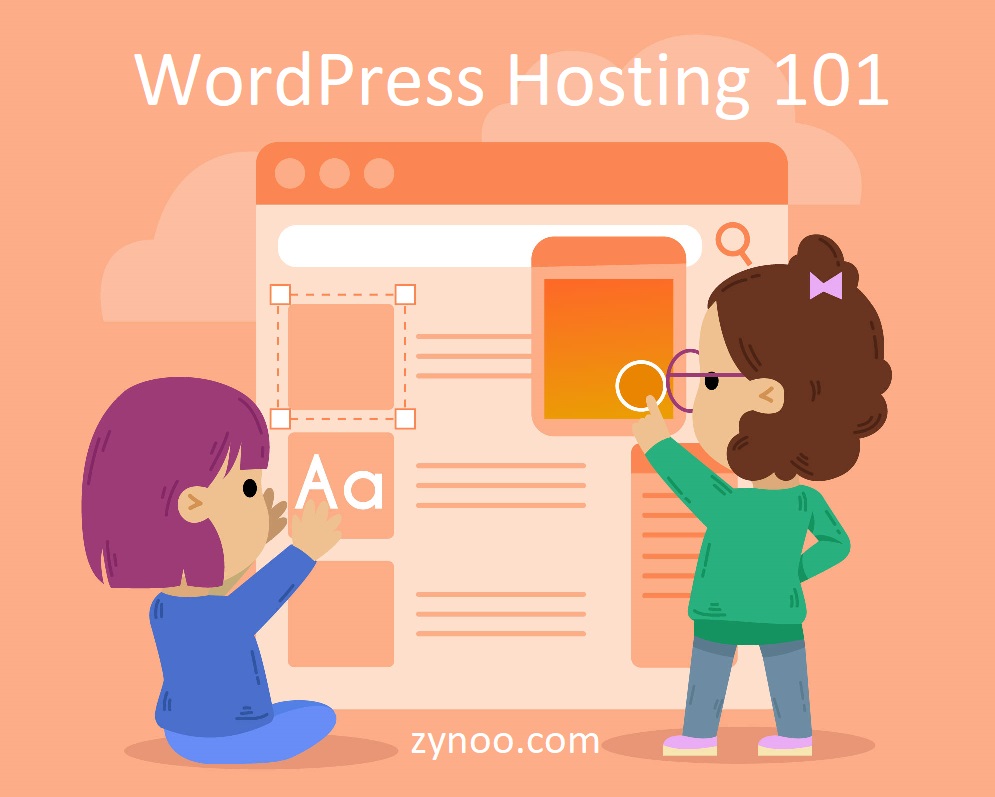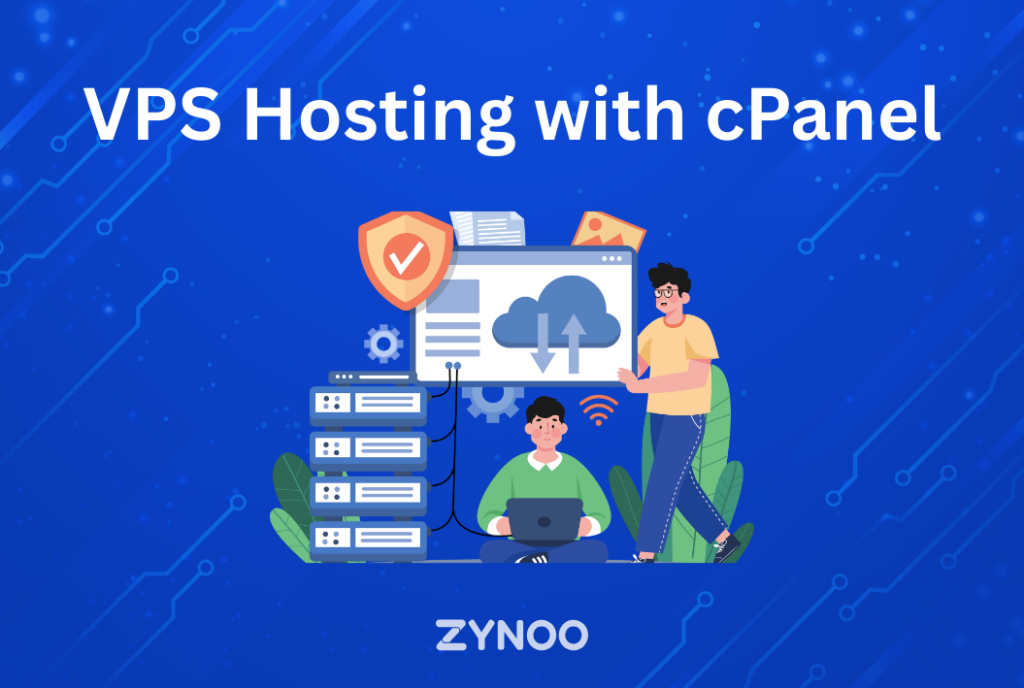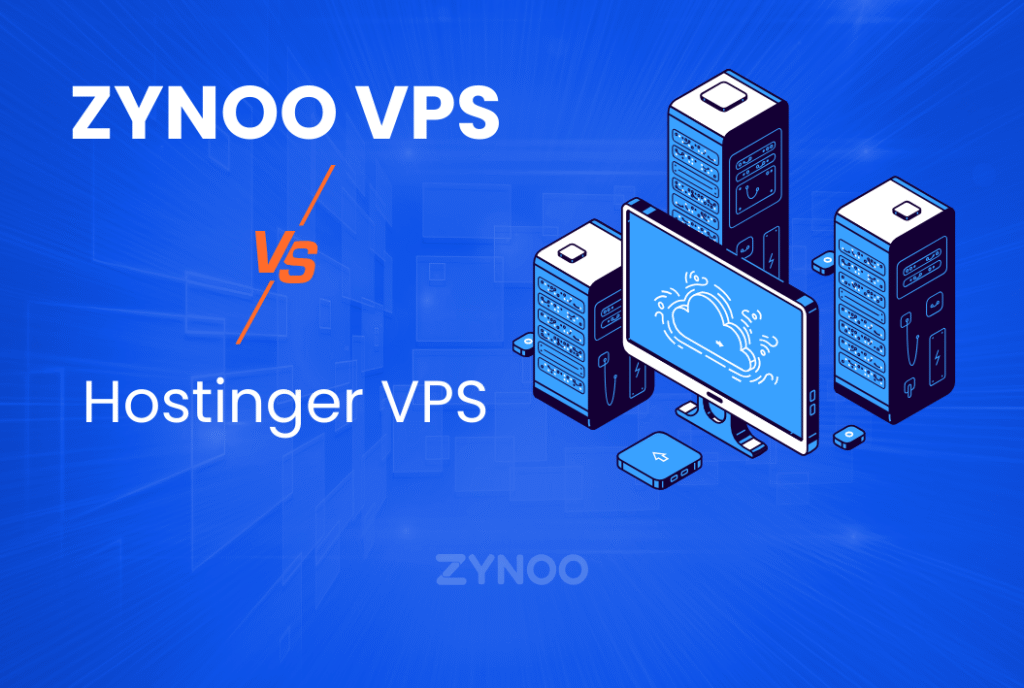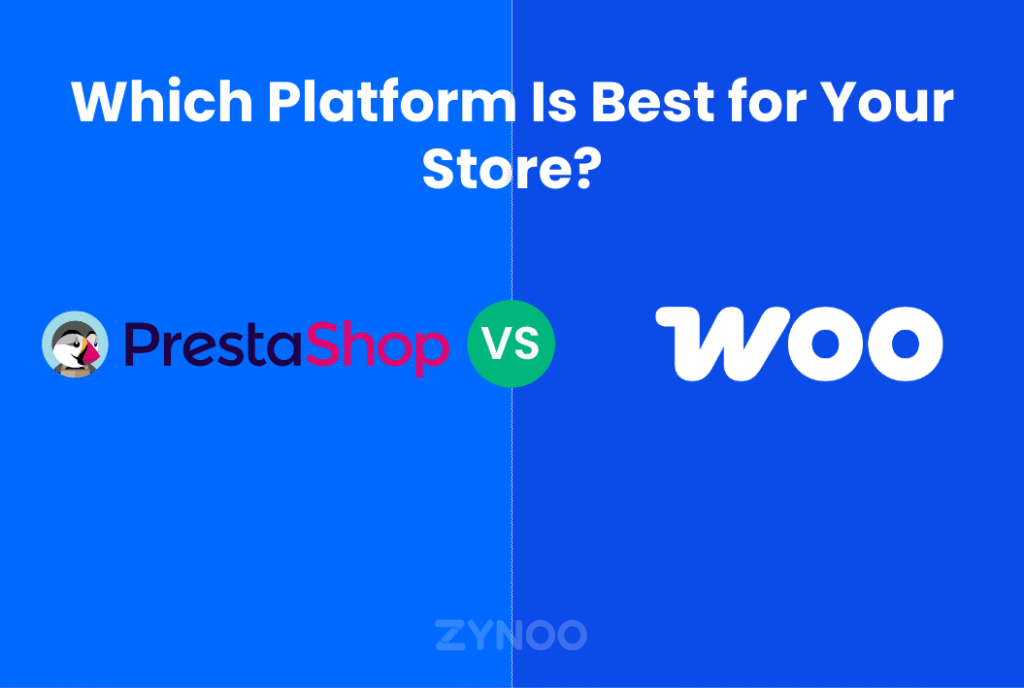Selecting the right hosting for your WordPress site is a crucial decision that can impact your site’s performance, security, and scalability. This comprehensive guide will walk you through the essentials of WordPress hosting, offering valuable tips and insights to help you make an informed choice.

Understanding WordPress Hosting
What is WordPress Hosting?
WordPress hosting refers to web hosting services specifically optimized for WordPress websites. These hosting solutions often come with features and configurations designed to enhance WordPress performance, security, and ease of use. Choosing the right WordPress hosting can make a significant difference in your website’s speed, reliability, and overall user experience.
Types of WordPress Hosting
- Shared Hosting:
- Pros: Cost-effective, beginner-friendly.
- Cons: Limited resources, potential performance issues due to shared server environment.
- Best for: Small websites, blogs, and personal projects.
- VPS Hosting (Virtual Private Server):
- Pros: Dedicated resources, better performance, more control.
- Cons: Higher cost, requires technical knowledge.
- Best for: Growing websites, small to medium-sized businesses.
- Managed WordPress Hosting:
- Pros: Automated updates, enhanced security, expert support.
- Cons: Higher cost compared to shared hosting.
- Best for: Busy websites, eCommerce stores, users who prefer a hands-off approach.
- Dedicated Hosting:
- Pros: Full server control, maximum performance, high security.
- Cons: Expensive, requires advanced technical skills.
- Best for: Large websites, high-traffic sites, enterprises.
- Cloud Hosting:
- Pros: Scalability, reliability, flexible pricing.
- Cons: Can be complex to manage, variable costs.
- Best for: Websites with fluctuating traffic, scalable businesses.
Key Considerations for WordPress Hosting
1. Performance and Speed
The performance and speed of your website are critical factors that affect user experience and search engine rankings. Here are some tips to ensure optimal performance:
- Server Location: Choose a host with servers geographically close to your target audience. This can significantly reduce latency and improve load times.
- Caching: Opt for hosting that offers built-in caching solutions to speed up your site. Caching stores copies of your site’s pages, reducing the need for the server to generate pages from scratch for each visitor.
- Content Delivery Network (CDN): Use a CDN to distribute your content across multiple servers globally. This can enhance load times and reduce the load on your primary server.
2. Security
Security is paramount for any website, but especially for WordPress sites, which are common targets for hackers. Here are some security features to look for:
- SSL Certificate: Ensure your host provides an SSL certificate to encrypt data and boost your site’s credibility. SSL is essential for protecting sensitive information and improving your site’s SEO ranking.
- Regular Backups: Select a host that offers automated backups to protect your data. Regular backups ensure that you can quickly restore your site in case of data loss or a security breach.
- Malware Scanning and Removal: Look for hosts that include malware scanning and removal services. This can help detect and eliminate security threats before they cause significant damage.
3. Scalability
As your website grows, your hosting needs will change. It’s important to choose a hosting provider that can scale with your site:
- Resource Allocation: Choose a hosting plan that allows you to easily upgrade resources such as storage, bandwidth, and CPU power as your site grows.
- Traffic Handling: Ensure the host can handle traffic spikes without downtime or performance issues. This is especially important for eCommerce sites and websites that experience seasonal traffic surges.
4. Support
Reliable support is essential, especially if you encounter technical issues. Here are some aspects to consider:
- Expert Assistance: Opt for hosting providers with WordPress-specific support to resolve issues quickly. Knowledgeable support can save you time and headaches when troubleshooting problems.
- Availability: Check for 24/7 support availability via multiple channels like chat, email, and phone. Prompt support can make a significant difference in minimizing downtime and resolving issues swiftly.
5. Ease of Use
A user-friendly hosting environment can simplify website management and reduce the learning curve:
- Control Panel: A user-friendly control panel like cPanel or Plesk can simplify website management tasks such as domain management, email setup, and file management.
- One-Click Installations: Look for hosts offering one-click WordPress installations to get your site up and running quickly. This feature is particularly useful for beginners and saves time during the setup process.
Additional Tips for Optimizing Your WordPress Hosting
Beyond choosing the right hosting provider, there are additional steps you can take to optimize your WordPress site’s performance and security:
1. Optimize Your Database
Regularly optimizing your WordPress database can improve your site’s performance. Use plugins like WP-Optimize or WP-Sweep to clean up unnecessary data, such as post revisions, spam comments, and transient options.
2. Use a Lightweight Theme
Choose a lightweight and well-coded theme to enhance your site’s speed. Avoid using themes with excessive features and bloat, as they can slow down your site. Themes like Astra, GeneratePress, and Neve are known for their performance and simplicity.
3. Implement Lazy Loading
Lazy loading defers the loading of images and videos until they are needed, reducing initial page load times. You can enable lazy loading using plugins like Lazy Load by WP Rocket or Smush.
4. Minify CSS, JavaScript, and HTML
Minifying your site’s CSS, JavaScript, and HTML files can reduce their size and improve load times. Use plugins like Autoptimize or WP Rocket to automate this process.
5. Optimize Images
Large image files can significantly slow down your site. Use an image optimization plugin like Smush or ShortPixel to compress images without sacrificing quality. Additionally, consider using the WebP image format, which offers superior compression.
6. Enable Gzip Compression
Gzip compression reduces the size of files sent from your server to your visitors’ browsers, improving load times. Many hosting providers offer Gzip compression as a built-in feature, or you can enable it using a plugin like WP Super Cache.
7. Utilize a Content Delivery Network (CDN)
As mentioned earlier, a CDN can distribute your content across multiple servers worldwide, reducing latency and improving load times for visitors. Popular CDN services include Cloudflare, KeyCDN, and StackPath.
8. Monitor Your Site’s Performance
Regularly monitor your site’s performance to identify and address any issues. Use tools like Google PageSpeed Insights, GTmetrix, or Pingdom to analyze your site’s speed and get recommendations for improvement.
9. Keep WordPress and Plugins Updated
Keeping your WordPress core, themes, and plugins updated is crucial for security and performance. Enable automatic updates for minor releases and regularly check for major updates.
10. Limit the Use of Plugins
While plugins add functionality to your WordPress site, using too many can slow it down and introduce security vulnerabilities. Only use essential plugins and regularly review and deactivate or delete any that are not necessary.
Conclusion
Choosing the right WordPress hosting is a pivotal step in your website’s journey. By understanding the different hosting types and considering key factors like performance, security, scalability, support, and ease of use, you can make an informed decision that aligns with your website’s needs and goals. Investing time in choosing the right host can lead to better site performance, improved user experience, and overall success in your online endeavors.
Remember that your website’s hosting is not a one-time decision. As your site grows and your needs evolve, be prepared to reassess and upgrade your hosting plan to ensure continued optimal performance and security. With the right hosting provider and best practices in place, your WordPress site will be well-equipped to thrive in the ever-changing digital landscape.



